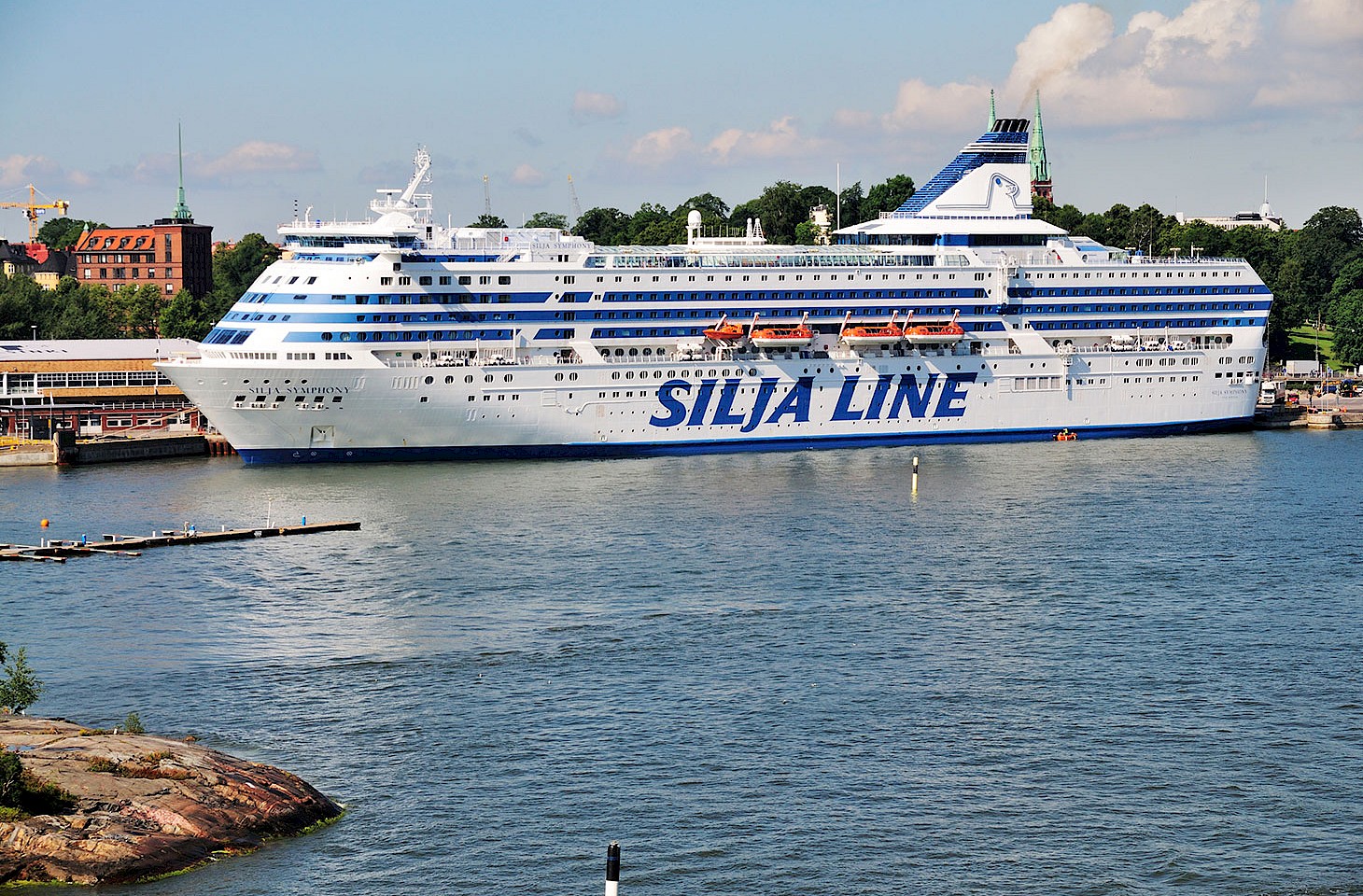Dear fellow travellers
For us, Christmas and the quiet days thereafter are absolutely a time for reading. We are not in the habit of dipping into Goethe, but the great German philosopher and poet would surely be remembered as a superb travel writer, had he not excelled in so many other genres. Goethe's Italienische Reise (Italian Journey) is a favourite among many German readers, combining as it does two great national passions: Goethe and Italy. The writer left nothing to the imagination when he described Christmas feasting in Naples - a veritable orgy of gluttony.
Christmas-tide travellers, if they are lucky, might get a privileged glimpse into the lives of others. The results are not always comforting. Dervla Murphy, writing in Through the Embers of Chaos, recounts an invite to a post-Christmas soirée in Zagreb in late December 1991. On arrival at the appointed place, one of those handsome villas up above Zagreb's old town, Dervla found her hosts dispensing glasses of champagne in a salon presided over by a picture of Hitler in a baroque gilt frame which was draped with Croatia's chequerboard flag. Croatian independence, earlier that same year, had thrown up some oddball characters.
One volume on our 'must-read' list this year is Nicholas Parsons' Worth the Detour, a newly-published book that surveys the history of the travel guidebook. The book is a tour-de-force that reviews guidebooks from antiquity, charts the growth of such magisterial classics as Baedeker and Murray and ponders on the future of the medium. Parsons happily concludes that "even our apparently jaded and jet-lagged civilisation still has a place for the [...] joy of discovery that a good guidebook can offer".
a look at hidden europe 18 (January 2008)
Travelling at holiday times is always interesting, be it over Christmas in Italy or at the end of Ramadan in Bosnia. In the January 2008 issue of hidden europe, we give a report on our experiences of the latter, for mid October this year, when Ramadan came to an end, saw us in the mainly Muslim Vrbas valley area of central Bosnia. hidden europe 18 will assuredly provide some entertaining New Year reading, and our latest issue will be winging its way to subscribers in the next few days. In addition to our essay on life in the Vrbas valley, we also carry a remarkable report on women's lives in rural communities in the mountains of northern Albania. In this little known part of Europe, some women buck the normal stereotypical gender roles of village life and elect to live as men. Antonia Young and Anjeza Cikopano unpick the curious tale of Albanian sworn virgins in our January issue.
We complement an obvious Balkan theme with some forays to other parts of Europe. We report on the new landscapes being created in old industrial areas of Lusatia, explore the back streets of the City of London, visit the Faroese village of Fámjin and let guest contributor Peter Wortsman pick up the threads of Jewish life in southeast France. You can see the full table of contents for this new issue here.
John Ruskin evidently couldn't abide travelling by train, claiming that a rail journey should not properly count as travel. In one of his more famous tirades on the subject, Ruskin averred that to travel by train is "merely being 'sent' to a place, and very little different from becoming a parcel". Heaven only knows what Ruskin would have made of modern budget air travel. Anyway, in the January issue of hidden europe, we take issue with Ruskin and celebrate the merits of the slow train. Had you realised that it is not compulsory to speed across Europe in sleek expresses that insulate you from the surrounding landscape? The slow trains are still there in the timetables, those lazy slowworms that dawdle across the countryside. You can dash from Paris to Marseille in three hours on a TGV. Or take a day or two, travel by slow trains, and stop off along the way. You can read more in hidden europe 18, which you can already order in our online shop. Meanwhile, we wish you a merry Christmas and a very happy New Year.


